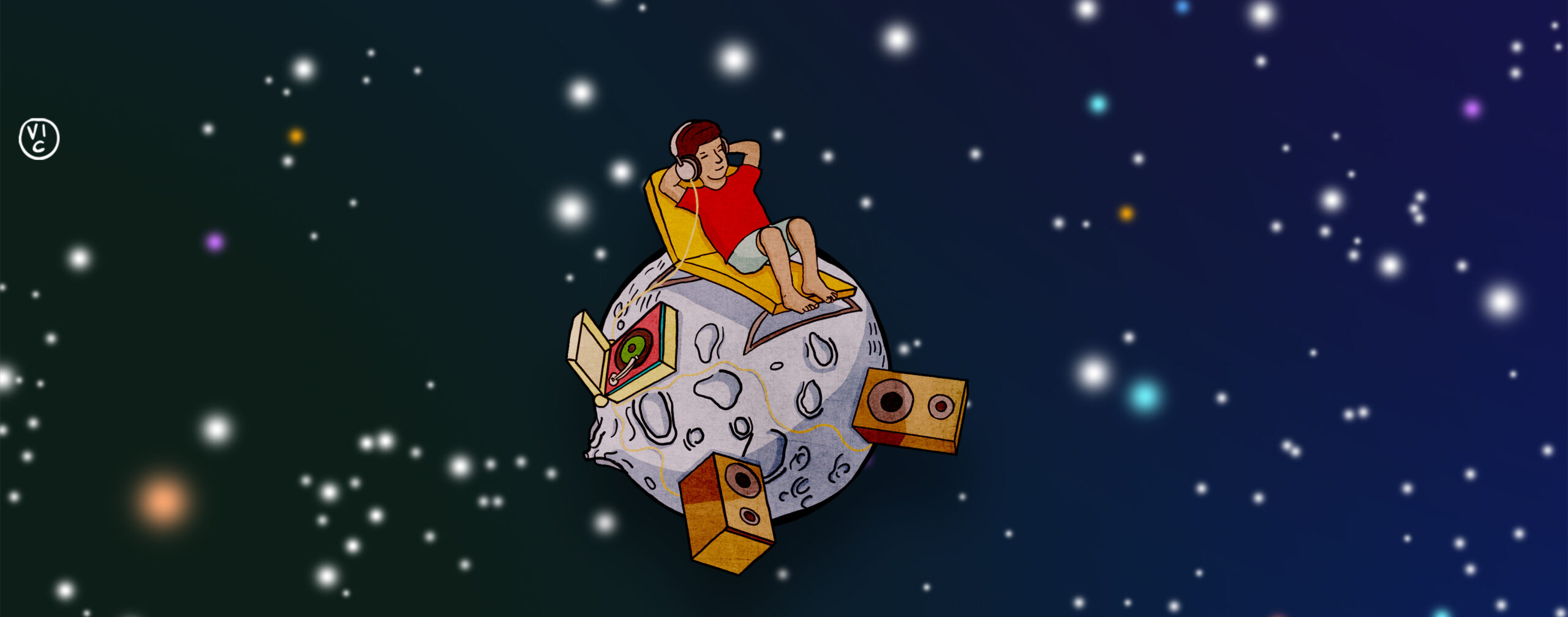
A Few Thoughts on Claiming Indigeneity for my Fellow Central American Ladinxs
Update: Despite the fact most of my art, cartoons, and writings are about the Central American community, culture, and sociopolitical issues, with specificity for El Salvador, there are some folx out there who read this article and assumed I was making blanket statements about ALL ladinxs and mestizxs in every corner of the globe. No, I am speaking with specificity about Central American ladinxs and mestizxs because that is my specific experience and I can attest to the contradictions of being a Salvadoran ladino/mestizo and speak from that very specific perspective. And even then I am speaking as a Salvadoran ladino/mestizo who was born and has lived in the United States, so the particular community I am addressing is OTHER Central American ladinxs/mestizxs who are part of their respective diasporas living in the U.S.
Good morning family!
Given that today is Indigenous Peoples Day. I would like to take the opportunity to re-post this Puchín series from last year. I hope that the dialog in the series serves as a moment of self-reflection and a conversation starter for many of us who are mestizx/ladinx and who want to “reconnect” with our indigenous roots.
There is a huge difference between having indigenous ancestry and being an indigenous person. All too often, many of us mestizxs/ladinxs will utilize blood quantum, or lineage, or adopted spiritual practices to assert an entitlement to indigeneity. But indigeneity is NOT a buffet from which you get to pick and choose what to consume. It is not an identity you can just graft unto yourself like a merit badge.
Indigeneity is an entire lived experience, with its own cosmovision, and a mutual sense of belonging with a whole community that recognizes you. Simply claiming the umbrella term of “indigenous” does not make one an indigenous person.
Now granted, for every person, the journey toward reconnecting with their roots is varied and unique. There are many folks out there who have an already established connection to their roots via their family, or members of an indigenous community, or even traditions and rites passed down and inherited–but for personal or global reasons, have never openly identified as indigenous. And then there are individuals who may not have had continuous access to their indigenous community for whatever reason, and later in life make the choice to reconnect. Absolutely no one can question or dismiss these particular journeys nor the obvious connection these individuals have with their indigenous roots.
But there are many of us, that due to the violence of colonialism, our connection and knowledge of our indigenous legacy was brutally severed. Many of us may never even learn who our direct ancestors were, the customs they followed, the language they spoke, and the deities they believed in. And so we have to come to terms with the sad fact that our journey toward re-connection will end simply in being able to acknowledge that we have indigenous ancestry.
It is settler arrogance to be believe that by simply hating Christopher Columbus, or “decolonizing” our lives, or “rejecting” the trappings of first-world capitalism, that somehow it entitles us to fantasize about a made-up indigenous past which will somehow exonerate us from our complicity in the very same system that has never stopped oppressing indigenous communities. We cannot suddenly “choose” to be indigenous as a way to remove the stain that colonialism has left on us. Simply having been born somewhere on the continent does not automatically make you a “native” and give you dominion to claim the entirety of the continent.
So it is better to sit, contemplate, and learn to heal the wound of colonialism in a way that does not appropriate the lived experiences of actual indigenous communities who are still fighting for their lands and their right to exist.





